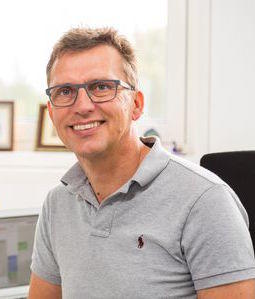Date:
Location:
 Detlef Weigel
Detlef Weigel
Max Planck Institute for Developmental Biology
"Genetics and Epigenetics of Adaptation to The Environment"
My group is addressing fundamental questions in evolutionary biology, using both genome-first and phenotype-first approaches: (i) Where do new genetic variants come from? (ii) Why are some variants maintained for a much longer time than others? (iii) And why are some combinations of variants incompatible with each other?
The background for these questions is our population genomic work in Arabidopsis and the related genus Capsella. In collaboration with Bergelson, Ecker, Mott, Nordborg, Schmid and others, including Monsanto, we have been describing whole-genome variation in wild isolates of A. thaliana (http://1001genomes.org). This has, for example, led to the discovery of a Neanderthal-like group that has apparently survived since the Last Glacial Maximum. A similarly remarkable finding that emerged from the Capsella work with Neuffer, Slotte and Wright is the ubiquity of long-term balancing selection, specifically at immunity loci. On the other end of the spectrum, we are analyzing new DNA mutations and epigenetic variants that have arisen under laboratory conditions or in a natural mutation accumulation experiment. The latter studies, with Bergelson and Burbano, take advantage of an A. thaliana lineage that was apparently introduced to North America in historic times and accounts for about half the population there.
The ultimate goal of our top-down studies is to understand how genetic and epigenetic variation interact with natural selection to shape geographic patterns of diversity. One example is our efforts to predict which A. thaliana populations will and which populations will not be able to adapt to climate change.
Additional information about our work can be found on our website, http://weigelworld.org.
Host: Hoekstra Lab
| weigel_seminarposter.pdf | 436 KB |
